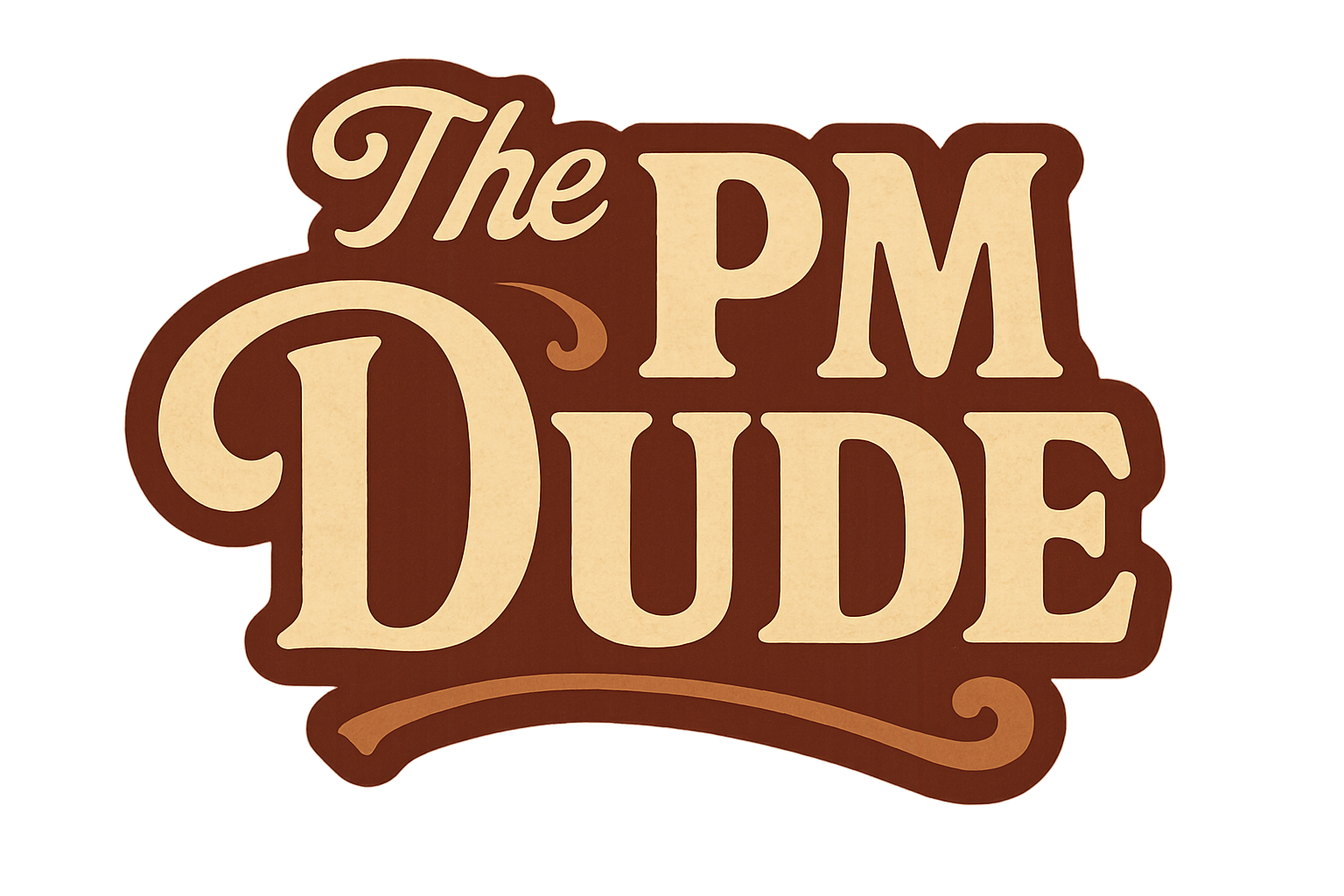Focus - an Important Strategy Discipline
Strategy is a key roadmap of where you are going. Unfortunately, there are many pressures that tend to cause deviation. Product Management must remain focused on the end goal

One of the lessons you learn in marketing is that entering a market, particularly a market that has a well defined set of entrenched competitors, it is a good idea to find a niche that you can address better than the existing players. It is like "bowling" you find your head pin, and knock it down. Then once you have demonstrated success, you move to the next pin or niche, gradually expanding your toehold into the market.
Classic "Crossing the Chasm" market penetration tactics. Of course, when the strategy is boiled down this clearly, the entire organization understands what success looks like, and the reasons why such a narrow focus is important, there is a cohesion across all boundaries. The "we are all in it together" attitude.
But there are forces that imperil these strategies, and can sabotage the whole organization. Typically, such focus on niche strategies are best when you are entering a much larger market. You have done your homework, found an underserved segment, developed a set of technology and products that fill this need, and have a plan to go about capturing this segment. A significant component of such a strategy is discipline. As you will be entering a possibly mature (read: large, well served, and very profitable) market, you know that you can't attack it all at once. Besides, going up against the entrenched competitors, you will not be able to differentiate and win without their immediate, and forceful, response, something that you don't want to face early.
Yet, as important as this organizational discipline is, it is fragile. If the discipline breaks, the whole niche market strategy falls apart. What are the threats to this organizational discipline?
- Sales - The sales team sees an opportunity outside of the narrow niche you are targeting. With a small adjustment to the product, they can sell it to a different niche. It is in their nature to want to push the envelope. However, any defocusing of the product development will slow time to market, and pull resources that you need to address the unmet need.
- Management - Senior leaders often become impatient with a niche strategy. They want to accelerate the "follow-on" products and market niche tackling. Additionally, they are frequently being targeted by sales who are looking for course corrections to help them sell. Hard to blame them, as revenue and profit maximization are in their goals and objectives.
- Engineering - One group you would expect to be with you on the targeted market penetration would be development, and usually they are. However, engineers by nature are not happy with a limited scope and horizon. They will buck at the restraints, and want to do more. Before you know it, they will be trying to boil the ocean.
We in marketing must be vigilant. We know that the strategy of targeting an underserved, or niche market is one of the most effective ways to bring a disruption to a mature, or crowded marketplace. The forces to alter or weaken such a strategy will come from many angles, and we must be ready to counter them.
We must continually be selling this strategy both up and down the organization. We must be ever on the lookout for threats and weakness in the discipline. We must be ready to reinforce the discipline, and defend the strategy when it is stretched.
Such strategies need buy in, and ownership of everyone in the organization, or they will fail. Don't let the distractors destroy your strategy.




